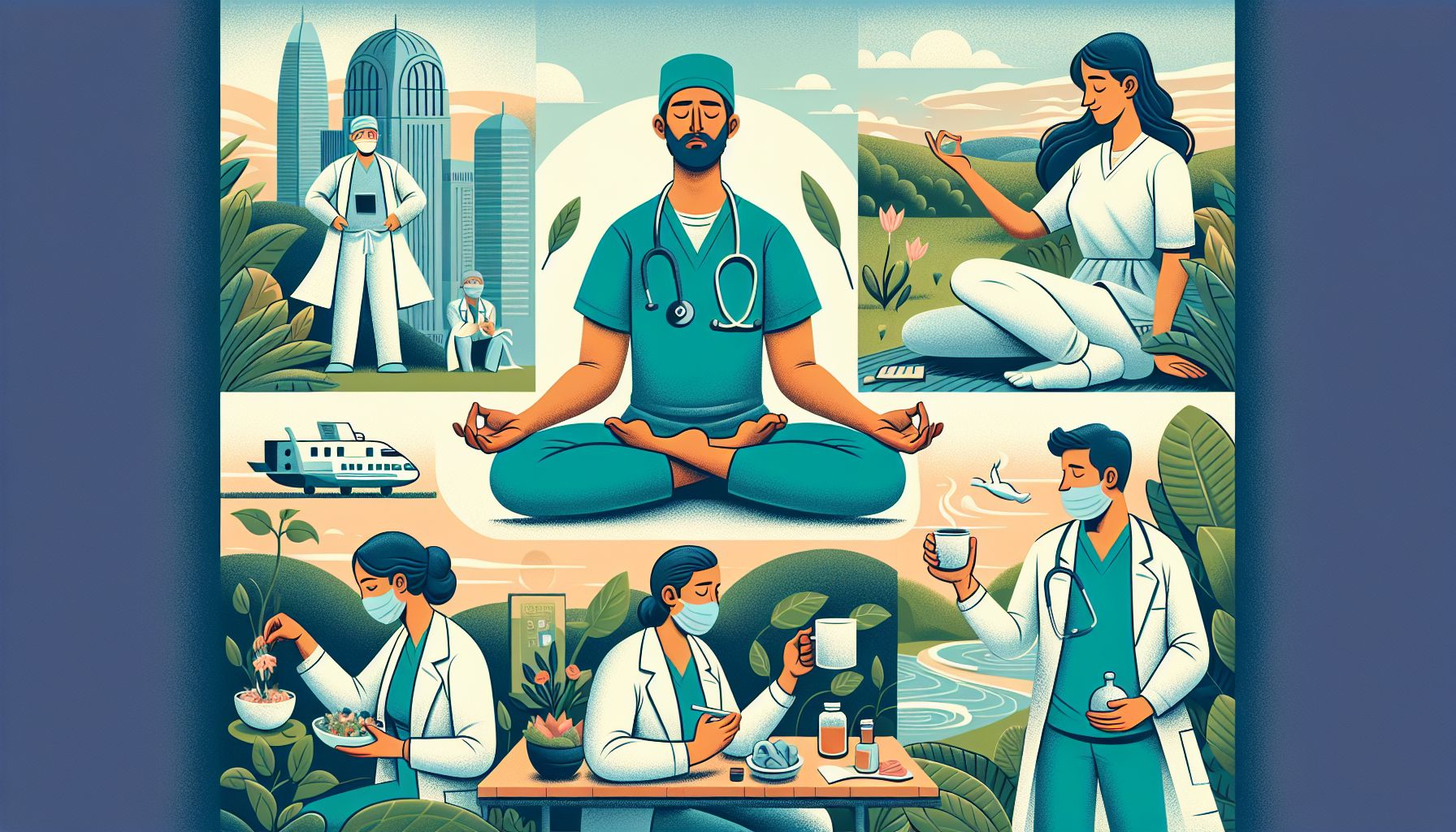In the field of healthcare, medical professionals dedicate their lives to taking care of others. They work tirelessly to diagnose and treat patients, to ensure their well-being and recovery. However, it is essential for medical professionals to prioritize their own health as well. Personal health care is not only crucial for their own well-being but also for ensuring the best possible care for their patients. In this article, we will explore why personal health care is important for medical professionals and how it can positively impact their performance and overall job satisfaction.
Understanding the Physical Demands
Working in the healthcare industry is physically demanding. Long hours, physically intensive procedures, and mentally challenging situations can all take a toll on a medical professional’s well-being. Without proper personal health care, medical professionals may find themselves facing burnout, chronic fatigue, or even physical ailments.
Prioritizing physical well-being through regular exercise, proper nutrition, and adequate rest can have a significant impact on the overall energy levels and stamina of medical professionals. Engaging in physical activity not only helps to maintain a healthy weight but also improves cardiovascular health, strengthens muscles and bones, and boosts overall immunity.
Managing Mental Health
The demanding nature of a medical professional’s job can also have an adverse effect on their mental health. Constant exposure to stressful situations, high-pressure decision-making, and witnessing pain and suffering on a daily basis can lead to emotional exhaustion, anxiety, and depression.
Taking care of mental health is crucial for maintaining a positive mindset and avoiding burnout. Medical professionals should consider adopting stress management techniques such as meditation, mindfulness, or engaging in hobbies that help them relax. Building a strong support system and seeking professional help when needed is equally important. It is vital for medical professionals to recognize that their mental well-being is just as valuable as their physical health.
Enhancing Performance and Patient Care
When medical professionals prioritize their personal health, they are more likely to perform better in their roles. Improved physical well-being results in increased energy levels and better cognitive function. By taking care of their bodies, medical professionals can stay alert during long shifts, make accurate diagnoses, and provide effective treatments.
Furthermore, when medical professionals are mentally healthy, they can handle stress more effectively and make sound decisions. This, in turn, positively impacts patient care. The ability to remain calm and focused during emergencies, communicate effectively with patients and their families, and provide compassionate care are all enhanced when personal health care is a priority.
Setting a Positive Example
Medical professionals are seen as role models in the field of healthcare. Their behaviors and actions greatly influence the perceptions and habits of their patients and colleagues. By prioritizing personal health care, medical professionals set an excellent example for others to follow.
When patients see that their healthcare providers prioritize their own well-being, it sends a powerful message about the importance of personal health care. Colleagues within the medical community might also be inspired to take better care of themselves, leading to a positive and healthy work environment.
Conclusion
The field of healthcare requires medical professionals to provide their best care to patients, constantly. To meet these demands, personal health care should be a top priority. By maintaining physical and mental well-being, medical professionals can enhance their own performance and the care they provide to patients. Prioritizing personal health care not only benefits medical professionals but also sets a positive example for others in the field. So, let us remember, by taking care of ourselves, we ultimately take better care of those who depend on us for their health and well-being.





